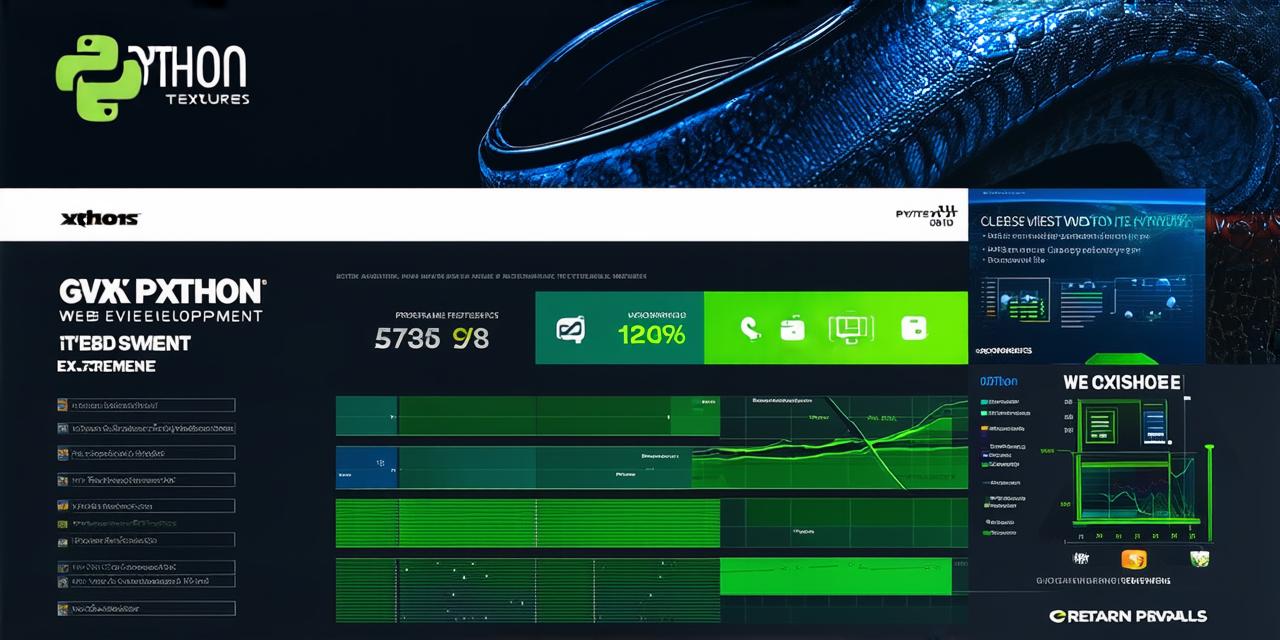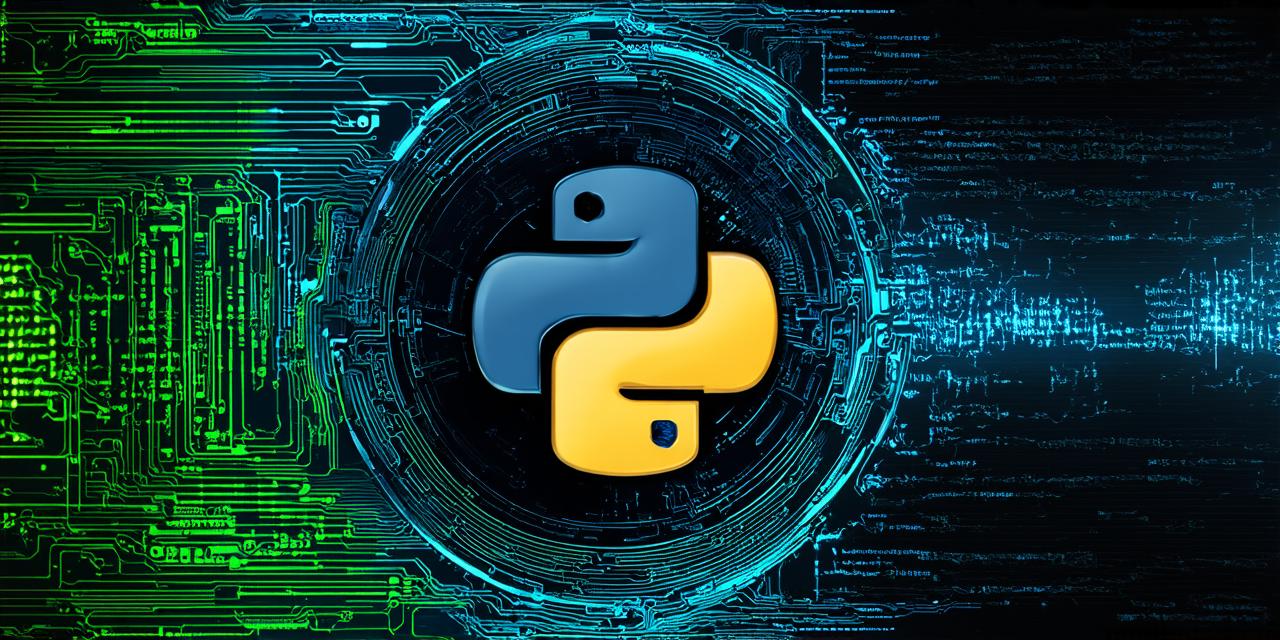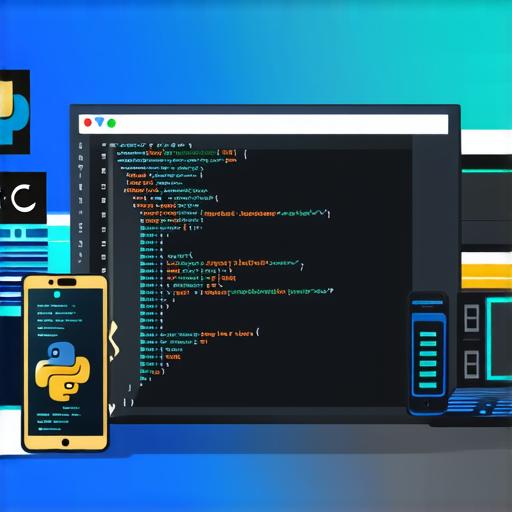
Master Web Development in 3 Months: Expert Tips & Tricks
Welcome aspiring web developers! In this comprehensive guide, we’ll unveil the secrets to mastering web development in just three months. Follow these expert tips and tricks, and you’ll be well on your way to creating dynamic, responsive websites that captivate users.
1. Choose Your Path
Start by deciding whether you want to specialize in front-end or back-end development. Front-end focuses on the user interface, while back-end handles server-side operations. Both paths are essential for a well-rounded web developer, but starting with one will help you build a strong foundation.
2. Learn the Fundamentals
Master HTML, CSS, and JavaScript—the building blocks of web development. These languages form the basis of every website, so understanding them is crucial. Dive deep into their syntax, semantics, and best practices.
3. Embrace Responsive Design
In today’s mobile-first world, responsive design is a must. Learn how to create websites that adapt seamlessly across various devices and screen sizes using media queries, flexible grids, and CSS frameworks like Bootstrap or Foundation.
4. Get Hands-On Experience

Build projects from scratch to solidify your knowledge. Start with simple sites and gradually take on more complex projects. This will help you develop problem-solving skills and gain practical experience.
5. Explore Modern Frameworks
Familiarize yourself with modern JavaScript frameworks like React, Angular, or Vue.js. These tools can significantly speed up development time and make your websites more interactive and dynamic.
6. Learn Version Control
Git is an essential tool for managing code changes in collaborative environments. Mastering Git will help you work efficiently with other developers and ensure that your projects are always backed up and secure.
7. Network and Collaborate
Join online communities, attend meetups, and connect with other web developers. Sharing knowledge, learning from others, and collaborating on projects can accelerate your growth as a developer.
8. Stay Updated
Web development is constantly evolving, so it’s essential to stay updated on the latest trends and technologies. Follow industry leaders, read blogs, and participate in online forums to keep your skills sharp.
FAQs
* Q: How many hours a day should I study web development?
A: Aim for at least 4-6 hours per day, depending on your learning pace and available time. Consistency is key!
* Q: What resources can I use to learn web development?
A: Websites like Codecademy, freeCodeCamp, and W3Schools offer interactive tutorials and courses for beginners. YouTube channels like Traversy Media and Wes Bos also provide valuable content.
* Q: How do I find job opportunities as a web developer?
A: Job boards like Indeed, LinkedIn, and Stack Overflow list numerous web development jobs. Networking with other developers can also lead to job opportunities.

















